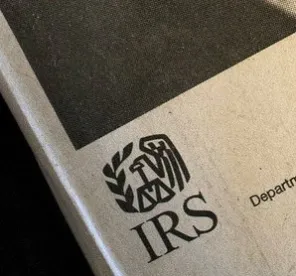On December 27th, the President signed the “COVID-related Tax Relief Act of 2020” (the “Act”), which is part of the “Consolidated Appropriations Act, 2021” (H.R. 133). In the Act, Congress eliminated a major tax uncertainty associated with PPP loan program. Congress also gave PPP loan borrowers additional tax deductions that can be used to generate significant tax refunds in the future.
Back in May, the IRS issued guidance that PPP loan forgiveness would be treated as a form of tax-exempt income. Notice 2020-32, 2020-21 IRB 837 (May 18, 2020). See here. Under the IRS rationale, any approved business expenses paid with a PPP loan proceeds would be disallowed under Code Section 265(a)(1) as expenses associated with tax-exempt income. That meant, while the PPP loan forgiveness would not generate any taxable income, all the expenses paid with PPP loan monies would not generate any tax deductions either.
In the Act, Congress reversed the IRS position. Congress provided that PPP loan forgiveness and EIDL advances (which were up to $10,000 to each business that applied for an EIDL loan) would not generate any taxable income AND all the associated expenses paid with the PPP loan and EIDL advances would be fully tax deductible. In addition, the loan forgiveness will generate additional tax basis for investors in partnerships, S Corporations, and sole proprietorships, so the investors can deduct the additional pass-through expenses. Act Sec. 276 and Sec. 278. That Act contains some tax nuances for S Corporation investors (AAA accounts) and partners (special allocations), so you should consult with your tax advisor before filing your tax return.




 />i
/>i
